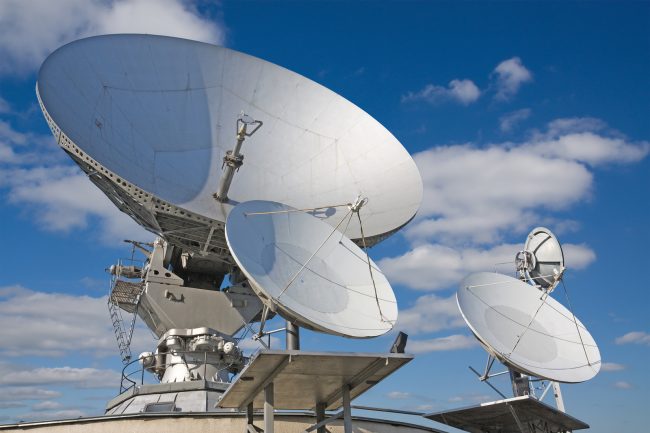The sale of four 5G spectrums is expected to generate at least $1.09 billion (N476 billion) for the Federal Government of Nigeria through the Nigerian Communications Commission (NCC).
This comes after the NCC said that it has set the reserve price for two more 5G spectrum licenses at $273.60 million each in a new “Information Memorandum on 3.5 GHz Spectrum Auction.”
It said, “The reserve price is the minimum price for one Lot of 100MHz TDD for a 10-year licence tenure fixed at $273.60m or its equivalent in Naira at the prevailing Central Bank of Nigeria (CBN) rates at the time of the auction.”
It added, “The Commission is offering the remaining 2 Lots of 100 MHz TDD Spectrum in the 3.5 GHz band ranging from 3400 – 3500 MHz and 3600 – 3700 MHz, totalling 200 MHz for auction. This will be awarded to winning Bidders in 100 MHz Lot.”
The NCC predicts that five licenses will ultimately be granted for the nationwide rollout of 5G. One additional 5G license will still be up for sale with this latest decision.
Five lots of 100 MHz each TDD are to be cleared at various times depending on the degree of encumbrances on the slots, the commission stated during the “Stakeholders Consultative Forum on the Draft Information Memorandum for the 3.5GHz Spectrum Auction” in 2021.
By 2023, it promised, all of its spectrum will be put up for sale. Keep in mind that the commission paid $273.6 million for each of the two 3.5 GHz spectrum slots that were auctioned to MTN Communications Nigeria Plc and Mafab Communications Limited in 2021. The Federal Government will earn at least $273.6 million by pricing two additional licenses at least $1.09bn from total spectrum sales.
During the real auction, it’s anticipated that the final price of the spectrum would increase. The reserve price for the 5G licenses that MTN and Mafab obtained was established by the NCC at $197.4 million, but they ultimately paid $273.60 million for each of their licenses.
Operators in the telecom industry voiced questions about the high cost of 5G spectrum throughout the process that led to the introduction of 5G in the country. MTN and Airtel had argued that the reserve price of $197.4 million was excessive and more than what could be found in other parts of the world at the time.
Both telecoms participated in the auction, however Airtel withdrew because to the high final offer price. The Group Chief Executive Officer of Airtel Africa, Segun Ogunsanya, the firm pulled out after submitting a final bid of $270m.
He said, “The business case for 5G across all sub-Saharan markets is evolving, and we remain committed to driving broadband capacity in our various markets. We will continue to closely track the 5G ecosystem over the next several years, in particular the availability of affordable 5G devices and relevant use cases.”
MTN has since rolled out 5G services in select locations across the nation with Mafab getting regulatory approval to delay its launch until December.
While speaking on the cost of spectrums, the Chairman, Association of Licensed Telecommunications Operators of Nigeria, Gbenga Adebayo, said, “For us in the sector, we are most concerned about the cost of 5G. This new direction will require a lot more investment, and the current infrastructure might not be sufficient and efficient for it.
“So, we need to address the issue of cost. In order not to have 5G that is only glamorously deployed and not efficient, we need to address the issue of cost.”
According to GSMA, the global body for operators in the sector, high spectrum prices might affect the plan to achieve affordable Internet access for a large portion of the populace.
Recently, the NCC told the government that it was set to generate over N500bn in 2023 through the 5G spectrum sales. The Executive Vice Chairman of the NCC, Prof.Umar Danbatta, disclosed this during an interactive meeting on 2023-2025 MTEF-FSP, organised by the Senate Committee on Finance.












